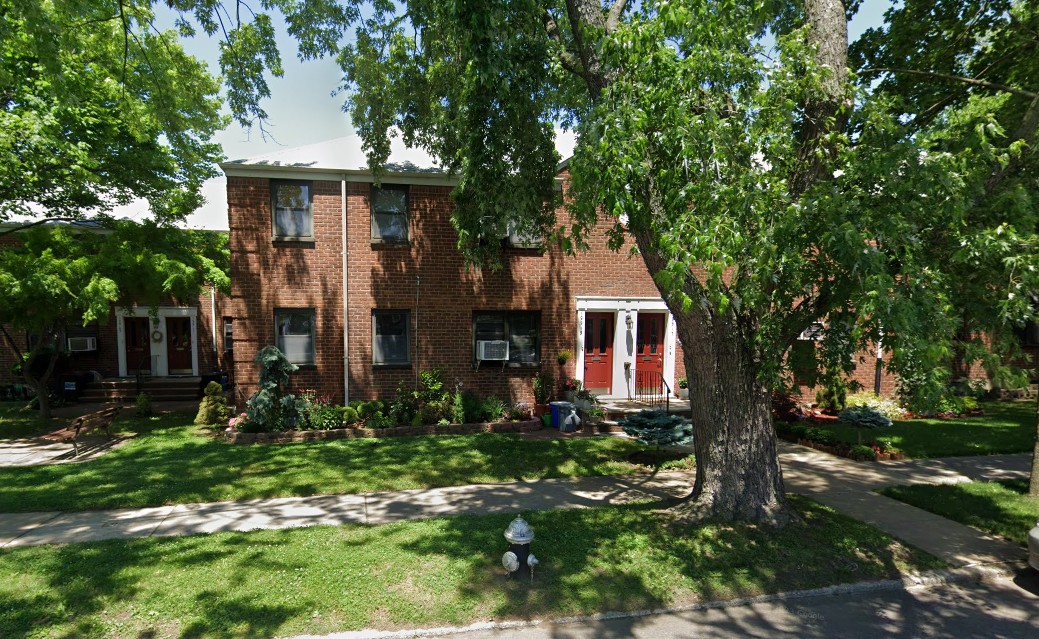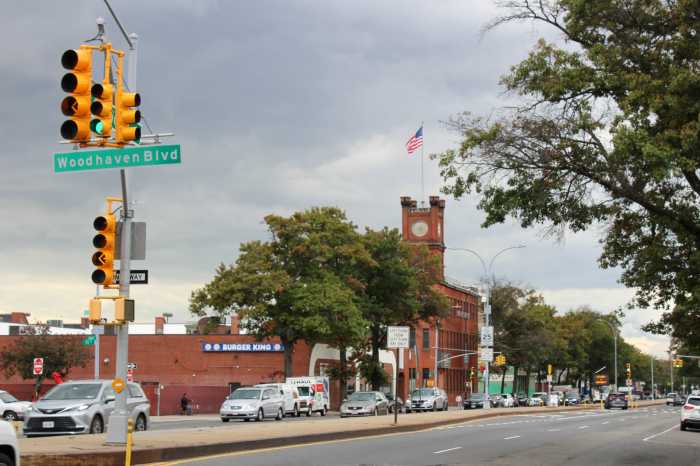New York continues to face a dire housing crisis. The severe shortage of affordable homes disproportionately impacts low and middle-income families. Yet, rather than focusing on legislation that will provide a meaningful solution to this pressing issue, lawmakers up in Albany are once again considering a bill designed to provide financial relief to the wealthiest New Yorkers.
Sponsored by State Senator Liz Krueger and Assembly Member Linda Rosenthal, who represent some of the most affluent areas of Manhattan, earlier versions of the bill sought to cap ground lease rent increases and give shareholders new rights beyond those they had contracted for. And while the amended versions of these bills have dropped those clearly unconstitutional provisions, they continue the unconstitutional interference in a private contractual arrangement by proposing to grant co-op owners a right of first refusal to purchase the ground lease if the owner decides to sell, and establishing a method of determining the rent that owners would be subject to if the ground lease terminates and the units revert to rent-stabilized units, as they would under state law.
Supporters of this legislation claim that middle-class homeowners in the outer boroughs are at risk of losing their homes altogether. That’s simply not true. What’s actually at risk for co-op owners in places in Clearview Gardens in Willets Point and Beech Hills in Douglaston is their equity. If ground lease co-ops are converted to rent regulated apartments, as this bill proposes, owners in these developments and others like them across the city would see hundreds of thousands of dollars in lost home value—erasing billions of dollars of generational wealth across the city. Don’t be fooled by what the bill’s supporters are telling you.
This bill is not just rooted in bad policy. It also remains legally flawed and threatens to upend fundamental legal relationships.
In New York City, co-ops operating with ground leases are rare – there are only about 100 across all five boroughs, housing approximately 25,000 people. It’s no coincidence that most of these co-ops are concentrated in Manhattan, in the same districts that the bill’s sponsors represent.
Under a typical ground lease, co-op shareholders lease the land under their building from the property owner. Leases typically last 99 years and at certain intervals, usually every 30 years or so, the value of the land is determined by an appraiser and the ground rent is recalculated.
This is not something that co-op owners are blindsided with. All buyers know about the ground lease when they purchase their units. Owners, along with their agents and attorneys, receive this information as part of the due diligence process. And because of the unique ground lease structure, these units are sold at below-market rates, which is yet another clear indication of the ground lease arrangement.
Supporters of this bill claim they are standing up for owners from diverse socioeconomic backgrounds, yet most ground lease co-ops are ultra luxury buildings, with the average sale price of a unit in Manhattan going for more than $1 million. Ground lease co-ops are touted for having high-end amenities such as wine cellars, pools and saunas, rock climbing walls and more. These buildings are not home to average New Yorkers — they house the rich.
For a bill to be put forward that stands to benefit only a small subset of well-off New Yorkers is grossly irresponsible. To make matters worse, the legislation remains unconstitutional.
The proposed bill ignores existing, freely negotiated contracts, thereby violating the Contracts Clause of Article I, and infringes on real property law, violating the Takings Clause of the Fifth Amendment of the U.S. Constitution.
By granting co-op owners the right of first refusal to purchase the ground lease if its owner decides to sell, the bill unconstitutionally interferes with the existing contractual arrangement between the parties. Landowners enter into these ground leases knowing they have the right to sell their interest in the open market, and have priced the co-ops to reflect the existing legal relationship of the parties. This provision will also inevitably depress the price an owner can recoup for the ground lease.
The bill’s provision that specifies how the rent would be set if the co-op units become rent regulated under state law due to expiration of the ground lease, is flawed and would in all likelihood be struck. The bill provides that the initial rent would be set at whatever the last regulated rent was before the building became a co-op, rather than as negotiated between the parties. Many of the buildings to which these provisions would be applicable have not been rentals for many years, and the fee owner would not be able to document the prior rents, meaning that HPD would set the rent based on a punitive formula used in situations where owners willfully fail to comply with required record-keeping. Such an approach is wholly unreasonable and inequitable here, since there was likely no requirement to maintain records when these units were rentals. In fact, in a recent case (Regina Metropolitan Co. v. DHCR), the court held that it is unlawful to retroactively apply certain requirements to rent-regulated housing owners. That is what is proposed here, and would likely violate state law.
At a time when so many New Yorkers are struggling to find affordable homes, this bill couldn’t be more misguided. Despite what proponents of the bill say, it is clear who this bill will benefit — the wealthiest New Yorkers, investors in luxury rental apartments and rich corporate landlords who own retail space in these buildings.
These groups are not in need of government intervention, and moving this bill forward will almost certainly lead to litigation. Rather than giveaways to the rich, lawmakers should instead focus their attention on enacting meaningful policy changes that will actually make housing more affordable for New Yorkers.
*Anita Laremont is a partner in the real estate division at the law firm Fried, Frank Harris, Shriver & Jacobson.

































